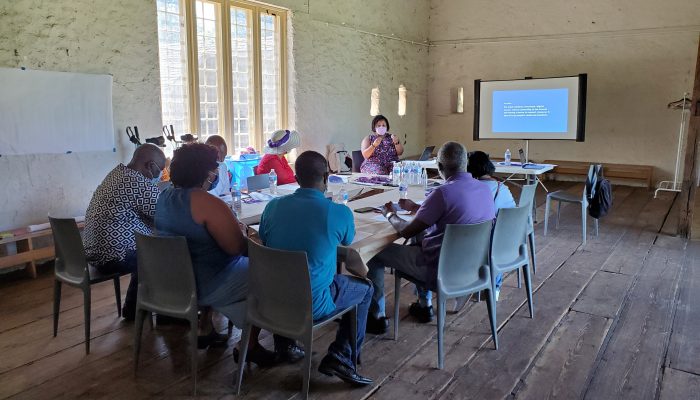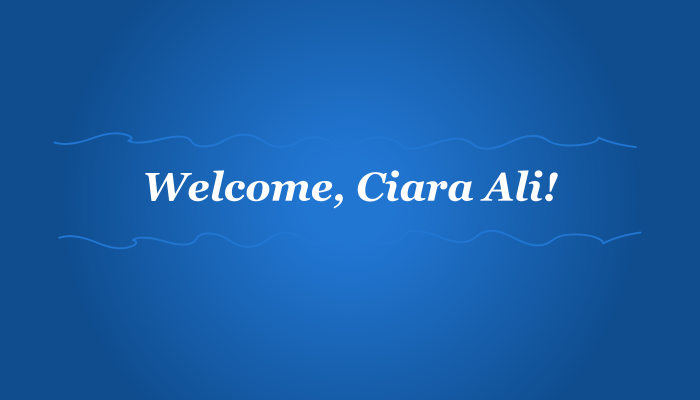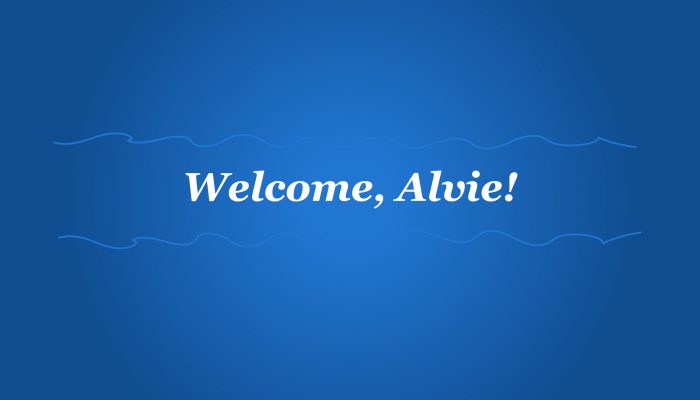This is the first of a series of blog posts where team members reflect on public sector service design. This month, we’re thinking about the human-ness of our work in government.
What do we mean by “making government more human?”
Throughout 2021, we collaborated with community-based organizations and community members on the design of the City’s first Equitable Community Engagement Toolkit — a project in partnership with the Mayor’s Office of Civic Engagement and Volunteer Service. (Watch our Code for America Summit talk for more information.)
During sessions with community members, we discussed the language, disability, and digital access issues residents face when interacting with the City and we generated ideas on how to address those barriers. One participant from the disability community said: “Interactions between communities and government…are impersonal and can feel inhuman.”
We seek to make government feel more human, but to do so, we must acknowledge how government has acted in harmful, inhuman ways. Some examples include racist redlining practices, state violence, and punitive program design — to name a few. These examples show how we’ve broken trust with the communities we serve.
Trust
When working with residents and colleagues, we ask ourselves: How we can create the conditions for trust to exist between government and the communities we serve — knowing our past and present?
Our Toolkit work has taught us, when we build deeper connection with colleagues and community members, we open space for understanding and compassion — gradually building trust. However, trust can only be sustained through accountability.
With that said, we present three musings on how we practice joy, bravery, and love to create the conditions for understanding, connection, and trust with our collaborators.
Musing 1: Joy
Joy is expressed when City staff give shout outs for small and big wins. When we workshop with community members, we ask participants to share recent accomplishments, learnings, and good news. This isn’t frivolous. The COVID-19 pandemic made it hard to connect. Infusing joy into daily activities grounds us in our collective humanity, so we can move forward together.
Musing 2: Bravery
Through brave conversations, we can tackle challenging and uncomfortable questions. Whether it’s discussing disability or language access needs or grappling with how racial disparities show up in our work, our colleagues and collaborators model what it looks like to show up in tough conversations. In our Toolkit work, we’re learning how to receive feedback from residents without being defensive. We’re making time to listen, not just respond. We create the conditions for trust when we consent to brave conversations.
Musing 3: Love
And then there’s love. For City staff, love is taking extra time after back-to-back meetings to share files, stories, and connections. Love shows up when residents take time out of their busy schedules to provide pointed feedback on our work. Love is playing music at the beginning of a virtual meeting because we miss sharing food in our in-person ones.
Our former colleague in the Mayor’s Office of Civic Engagement and Volunteer Service, Anthony Procik, noted that our equity work at the City requires us to live in the tension between the world as it is and the world as it should be.
To illustrate this point, they shared a quote by Ai-jen Poo who’s the Director of the National Domestic Workers Alliance: “I believe that love is the most powerful force for change in the world…I think that you can love someone and be in conflict with them. And I think that it’s the same thing when we’re trying to transform a fundamentally unequal society. There’s a level of discomfort and conflict that has to happen in order for us to achieve a more loving fate.”
Conflict and tension exist in our work. And that’s okay. The tension can be a mechanism for us to leverage change and transformation. It’s a reminder that we must acknowledge our humanity in what we do, and despite how challenging and uncomfortable that can be, we do our work with and out of love.
+ + + + + + + +
Feel free to email us (service.design@phila.gov ) your thoughts about this post or meet us over on Twitter @DesignStudioPHL.




